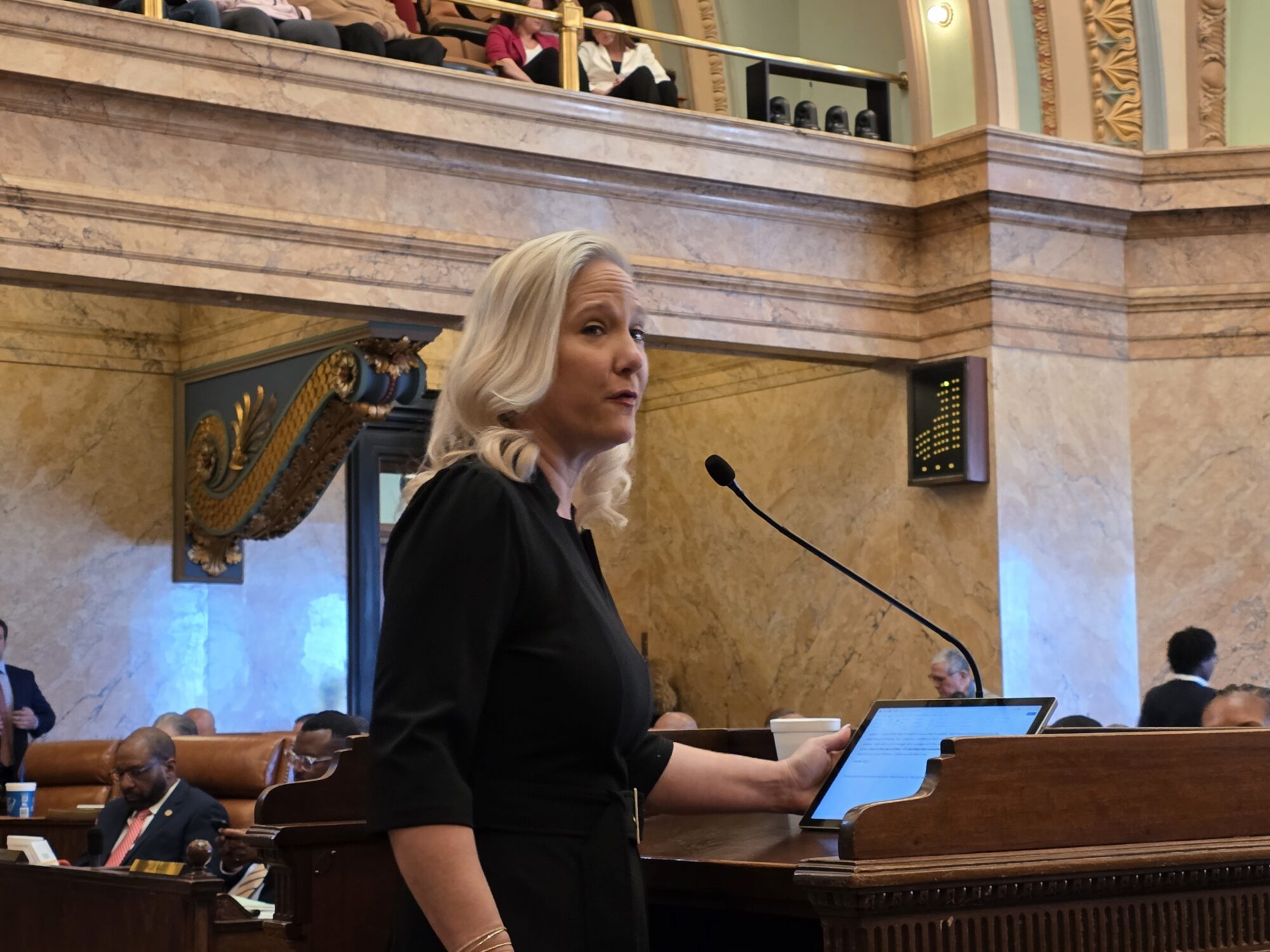
After Reeves’ veto, the House Judiciary B committee voted to stay the decision.
House Bill 980, authored by State Representative Nick Bain would allow for the Mississippi State Health Department to declassify a drug prior to the return of the Legislature in the event the federal government did so first. Then the Legislature could meet and address the issue within the law at a later date.
Governor Tate Reeves believes that would imprudently abdicate the police powers of the state to the federal government, leading him to veto the bill.
“House Bill 908 imprudently abdicates to the federal government the police powers of the state to regulate substances and impose criminal penalties for violations of Mississippi Controlled Substances Act. In some Democrat-controlled states there is a disturbing trend toward deregulating and decriminalizing such hard street drugs as cocaine, heroin, methamphetamine,” said Reeves in his veto letter. “While thankfully this trend has not yet spread to Congress, I am unwilling to gamble with the health, welfare and safety of Mississippians. If the past fifteen months have taught us anything it is that we must jealously guard state’s rights and powers and not cede any authority to the federal government.”
The bill originally passed both chambers with no “no” votes. In the Senate, Sen. Hill voted present and in the House Representatives Anderson (110th), Scott and Young did not vote.
On Thursday morning, the veto was referred to the House Judiciary B committee where a vote was taken by committee members to stay the decision, meaning they do not plan to challenge Governor Reeves’ veto.
Rep. Bain said the bill would not decriminalize anything but could provide an affirmative defense from prosecution. He added that it seemed to be a “common sense” bill.
“I think that’s the difference the Governor is missing out on is that it didn’t necessarily decriminalize anything – it just removes a drug from the controlled substance schedule until the Legislature has a rule on it,” said Bain.
Bain said he did not feel it was the time to recommend overriding the veto but that they could address the issue in next year’s session.











